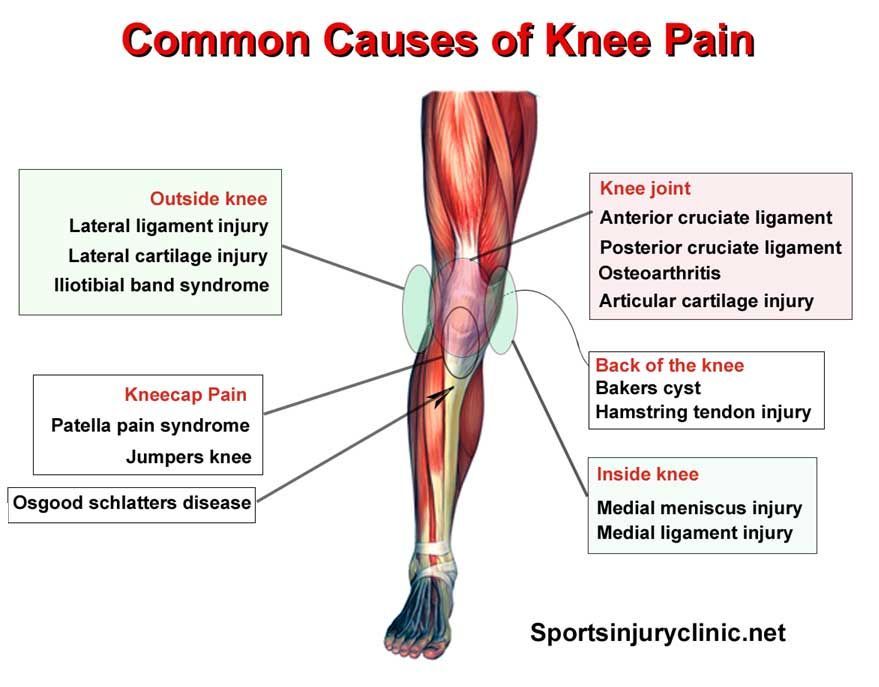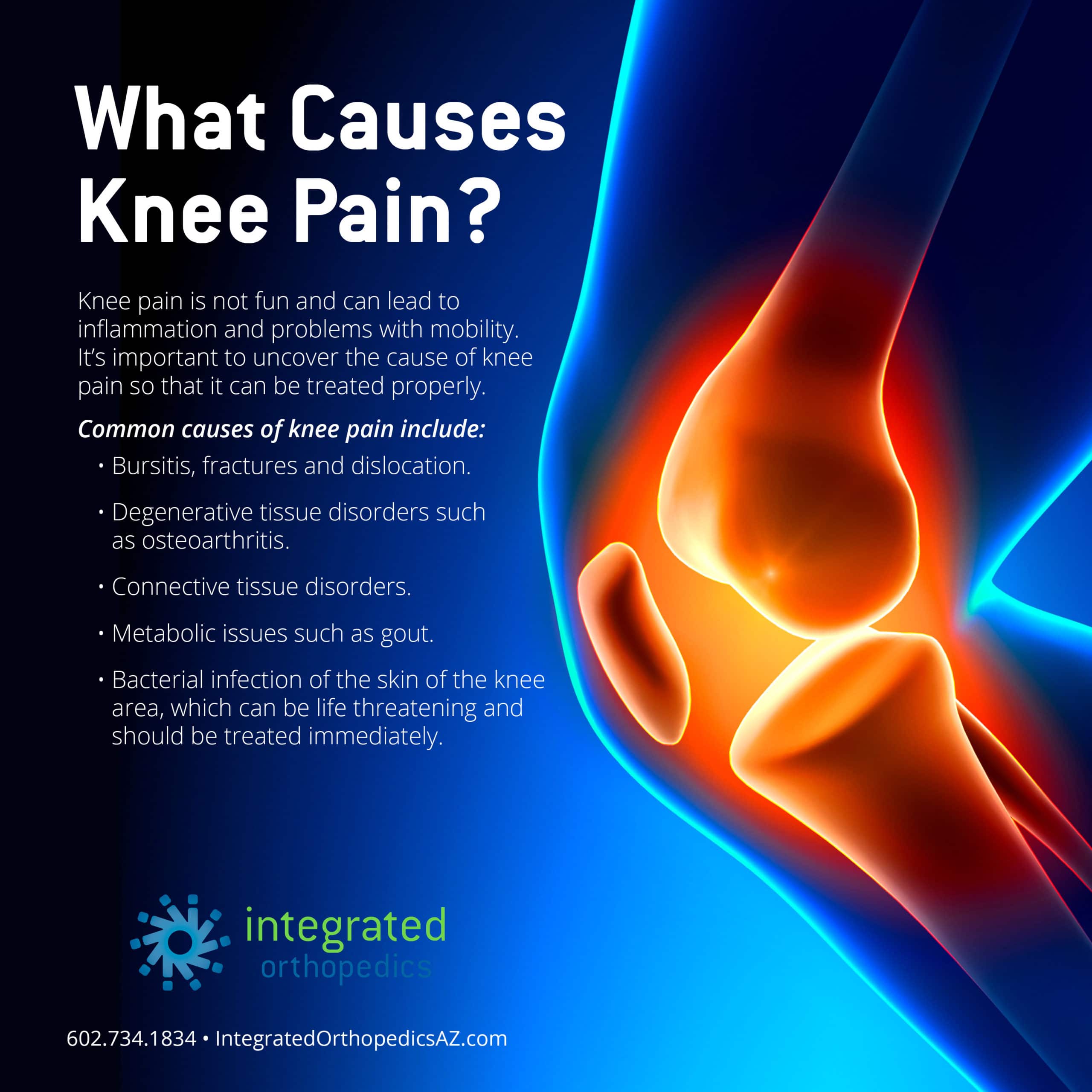
Some of the most common knee pain causes are: sports injuries, excess weight, or a previous knee injury. These injuries can be severe enough to require physical therapy, but they can also be chronic enough to prevent a person from taking part in their favorite activities. If you experience pain in your knee, don't ignore it and seek medical attention immediately. Here are some of the most common causes of this painful condition. You should consult a doctor if you feel any of these symptoms.
A medical diagnosis can be difficult without a complete medical history. Some conditions impact other parts of the body, such as infections and gout. Other causes include irritation to the tissues within the knee or an injury to the knee, such as a dislocation or a fracture. Depending on the cause, additional tests may be needed. To determine the underlying cause of knee pain, you must give your doctor a detailed medical history and describe where and how severe the pain is.
Symptoms of a swollen or infected knee should be evaluated immediately. Some of these problems can be life-threatening and require hospitalization. If the problem persists or the problem becomes worse, you should seek medical help. If you have been taking medications for pain, you may want to consider glucosamine sulfate or another glucosamine supplement. This supplement has been shown to reduce the pain of osteoporosis patients.
There are several common knee pain causes. Inflammation of the cartilage and sacs around the knee joint can lead to septic arthritis, which may require immediate medical treatment. Surgical hardware such as plates, catheters, and artificial joints can also damage the cartilage. In addition to these common causes, some individuals are at risk for rheumatoid arthritis, a condition where the immune system attacks the joints of the body.

Non -steroidal anti -inflammatory drugs (NSAIDs) can help reduce pain and inflammation in the knee. These drugs are effective for most types of knee pain, but they can cause stomach disorder and other complications. It is best to seek medical help if you suffer from any of these conditions. If these symptoms are preserved, consult a doctor to find the best treatment. As soon as you determined the main cause of knee pain, the time has come to treat it.
The knee joint infections can also lead to septic arthritis. The infection is often associated with fever, and the knee is very swollen. This is a serious condition that requires medical care. Some people can suffer from osteoporosis, which is a disease of the knee. In this case, the doctor will prescribe glucosamine sulfate. It was shown that this substance relieves pain associated with the disease in both children and adults.
Overuse of the knee can lead to arthritis. Whether you are playing sports, walking, or running, you may be at risk for these types of knee pain. Symptoms include persistent knee pain, swelling, and thrombosis. Infections can also be caused by a variety of conditions. Besides, some people may be unable to perform even the most basic of activities because of their knee problem. In these cases, it is recommended that you seek medical attention immediately.
Other knee pain causes can be due to the patellar tendon. The patellar tendon is a large tendon that connects the kneecap and tibia. Acute tear can make the kneecap give way when walking and result in an indentation on the bottom of the kneecap. The tendons are very important in the functioning of the knee and can be aggravated by abuse or trauma to the knee.
Some of the most common causes of knee pain include arthritis and osteoarthritis. Some people may experience joint pain on one side or in the front. Others may experience pain on both sides of their knees. Other common causes of knee pain include sprains and gout. While many conditions can lead to knee pain, there are some that are not. Various diseases and conditions can affect your joints and may require medical treatment.